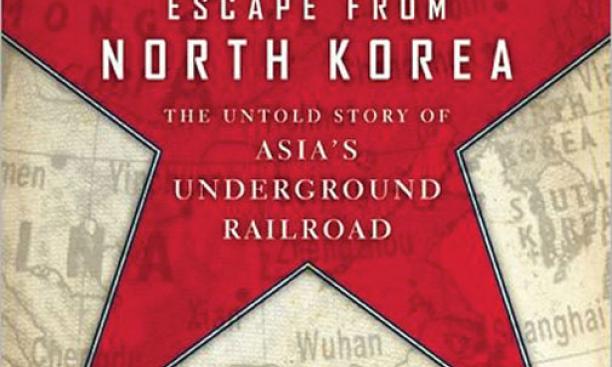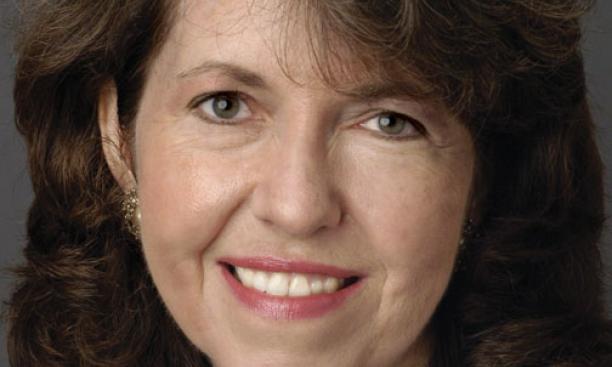

North Korea is a “hellhole,” says former Wall Street Journal editor and Asia expert Melanie Kirkpatrick ’73: a police state rife with suffering and starvation, cut off from the outside world. No wonder thousands of its citizens have risked their lives to flee, as she grippingly describes in Escape from North Korea: The Untold Story of Asia’s Underground Railroad (Encounter Books).
Starting with the 1990s famines, hundreds of thousands of North Koreans may have left — no one knows exactly how many. The only way out is through China; the heavily fortified demilitarized zone with South Korea is too deadly to attempt.
Some 24,000 have succeeded in traveling from China to safety in South Korea — which means evading Chinese authorities who send refugees back to North Korea. About 130 escapees now live in the United States.

The risks of trying to escape are enormous, starting with border guards trained to shoot refugees as they stumble across river ice and traps built into the river banks. North Korean women who manage to get past these terrors often find themselves in trouble in China and entrapped for sale into forced marriages, Kirkpatrick writes.
Many who flee are assisted by a network of conductors and safe houses that Kirkpatrick compares to the Underground Railroad of antebellum days. Some conductors are interested only in earning a fee; others are Christians helping people in trouble.
During her career at The Wall Street Journal, Kirkpatrick gradually became aware of the North Korean exodus. “Nobody knew about this. Nobody wrote about this at all,” she remembers.
Freakishly repressive, North Korea is permeated by what she calls “an extraordinary degree of violence.” Citizens endure constant terror of being arrested for petty offenses. Information is tightly restricted: Cellphones can dial only within the country. The Internet is off-limits except for an elite few.
But the increasing number of North Koreans who have crossed into freedom are beginning to educate their enslaved brethren back home, Kirkpatrick writes. Escapees have found clever ways to communicate, including by smuggling into North Korea flash drives and DVDs. “The more North Koreans know about the outside world,” she says, “the more they will recognize how they’ve been lied to all these years. The pressures from within are growing.”
No wonder North Korea’s leader, Kim Jong Eun, is so worried about the exodus. When he came to power last December, he quickly issued a shoot-to-kill order to guards along the Chinese border.
“I’m very hopeful about North Korea’s future,” says Kirkpatrick, who today works as a senior fellow at the Hudson Institute. “The people who escape are going to lead us there.”
WHAT SHE’S READING: Sen. Marco Rubio’s memoir, An American Son
What she likes about it: “His Cuban-American family’s embrace of the economic liberty and political freedom they found in the U.S. reminds me of North Korean exiles who are experiencing freedom and opportunity for the first time in South Korea.”
